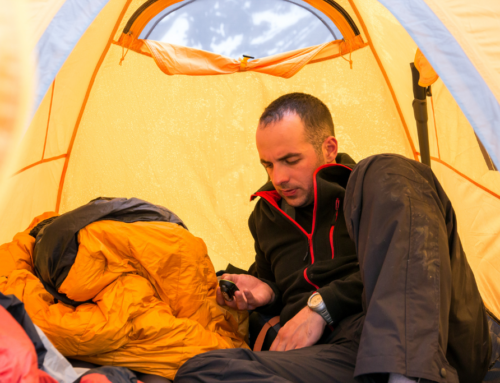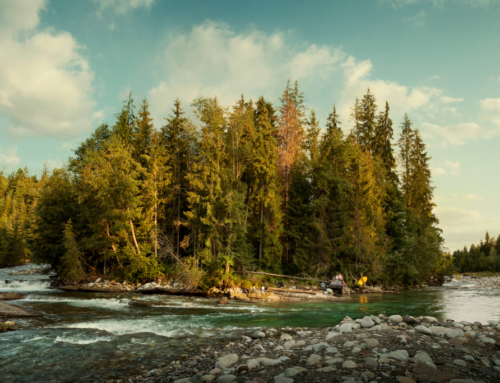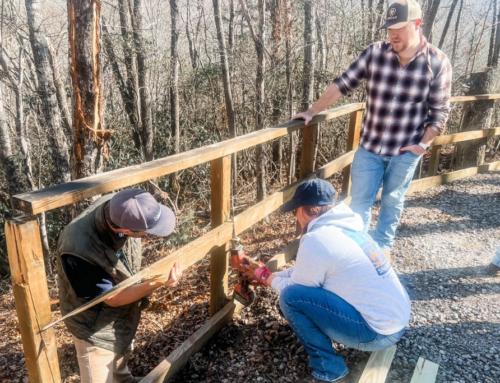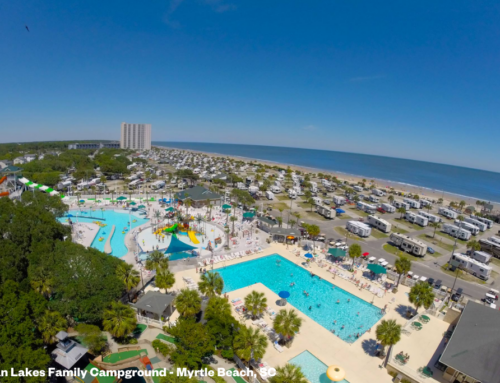GoCampingAmerica.com | Posted August
25th, 2021
RVing 101: HOW and WHY to Choose the Right Size
Campsite for Your Rig
Happy Camper Blog
Even if you’re
new to RVing, you’ve probably already learned that RVs come in many different
configurations. There are motorized RVs that range in size from Class A
(21-43 feet) to Class B (16-21 feet) to Class C (25-35 feet). Then there are
the “towables” that require the use of a tow vehicle and include travel
trailers (20-36 feet), 5th wheels (21-40 feet) and teardrops (13-20 feet).
Some RVs even include a “toy hauler” which serves as a garage for carrying
recreational equipment like bikes, kayaks and ATVs.
No matter which one of these you choose to buy or rent, it’s
essential that you book a campsite that has been designed to accommodate your
type of rig. Here are a few helpful tips:
DO familiarize yourself with your rig’s actual
dimensions. You may be surprised to learn that you can’t just
go by the size printed on the vehicle’s door. That number actually relates
more to the RV’s floor plan. John Tinelli, owner
of Triple R Camping Resort in Franklinville,
N.Y. offers several examples.
“A camper that says 39RBDS on the door is NOT 39 feet long and you
should NOT book your sites that way,” he says. “If you have a fifth wheel
that says 39 something on the door, you are typically 43.5 feet long. If you
have a travel trailer and it says 39 something on your door, you are most
likely 43 feet long. If you have a motor home and it says 39 something on
your door, you are most likely 42 feet long—or longer. And if you have a toy
hauler and you have a rear deck and it says 39 something on your door, you
are most likely over 50 feet long.”
Before you book your campsite, be sure to measure your RV from
front to back, bumper to bumper, including the trailer hitch, if applicable.
You should also know the side-to-side measurement, including any slideouts,
since those can add up to six feet in width. If you don’t have time to
measure it yourself, you can go to your manufacturer’s website or the website
for the National Automobile Dealers Association (nada.com) and look up your
specific model.
DON’T book a site that’s intended for a smaller
unit. Let’s say you have a motorhome that’s 45 feet long, but
all of those sites are sold out at your chosen campground. So you decide to
book a campsite designed for a 37-foot rig because the site looks big enough
to fit your rig anyway, right? Not so fast. There are good reasons campground
owners state the maximum size that any site can accommodate. One of them is
the turning radius needed to get into the site. Another is that the
infrastructure of the site (how deep the utilities are buried) may not be
able to handle a heavier vehicle. The third reason is there may not be enough
electrical power available at the site to handle all the demands of a larger
rig.
The consequences of trying to fit into the wrong-sized campsite
are not pretty. Campground owners have reported having their sewer or water
lines crushed, gates torn out, utility pedestals hit and even pool fences
ripped out. No one, not campers or campground owners, want to see these
things happen. And if you do cause damage, you (or your insurance company)
will have to bear the cost.
Also keep in mind that if you book a site that’s too small and
don’t realize that you can’t fit into it until you arrive, you may still be
liable for the cost of your reservation, since the campground won’t likely be
able to rebook the site on such short notice.
Fortunately, there’s an easy way to avoid booking the wrong size
site for your type of rig. Enter your destination now and
you’ll find many great campgrounds ready to help you choose the right site
for your needs.





